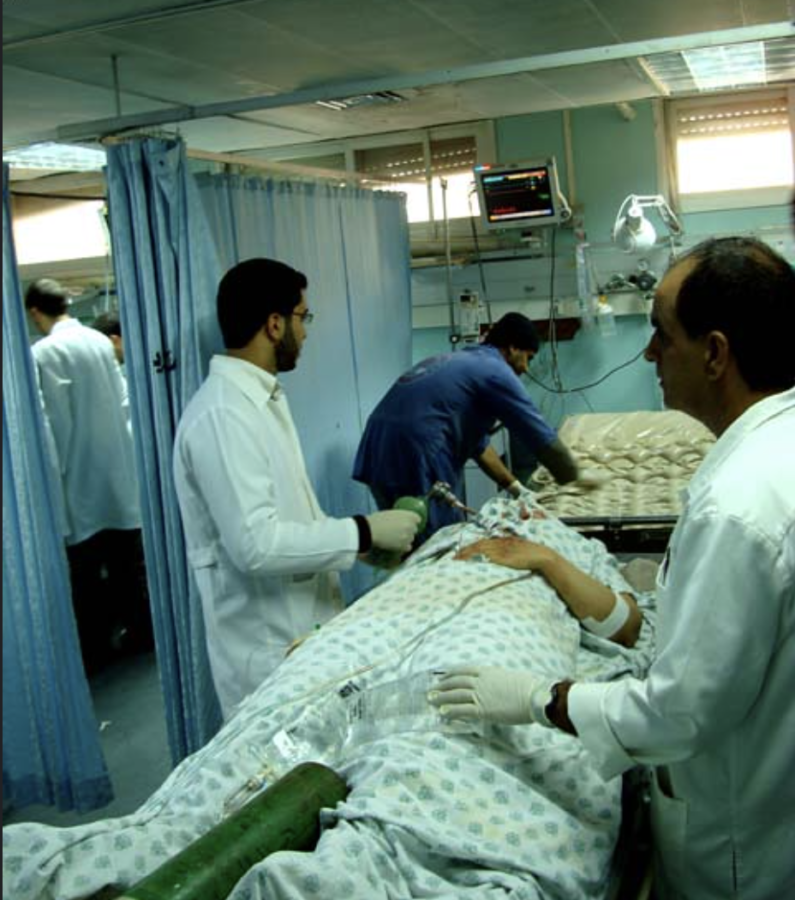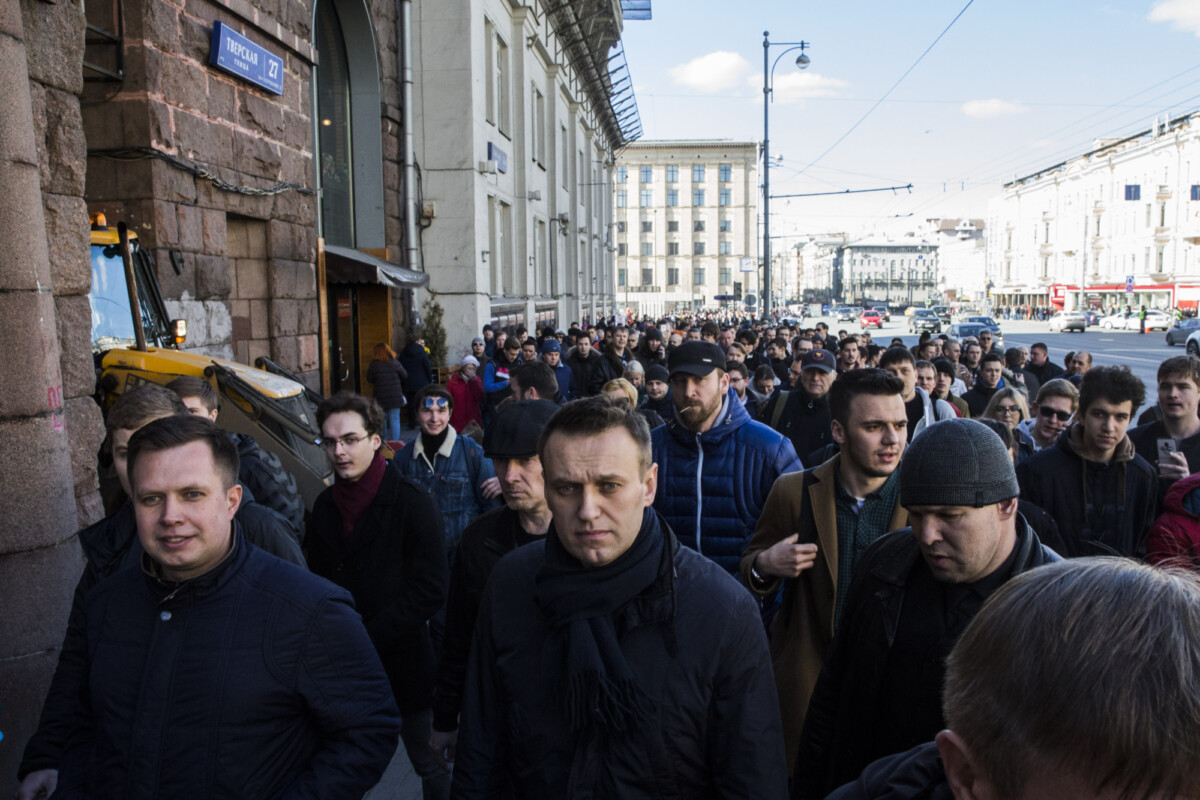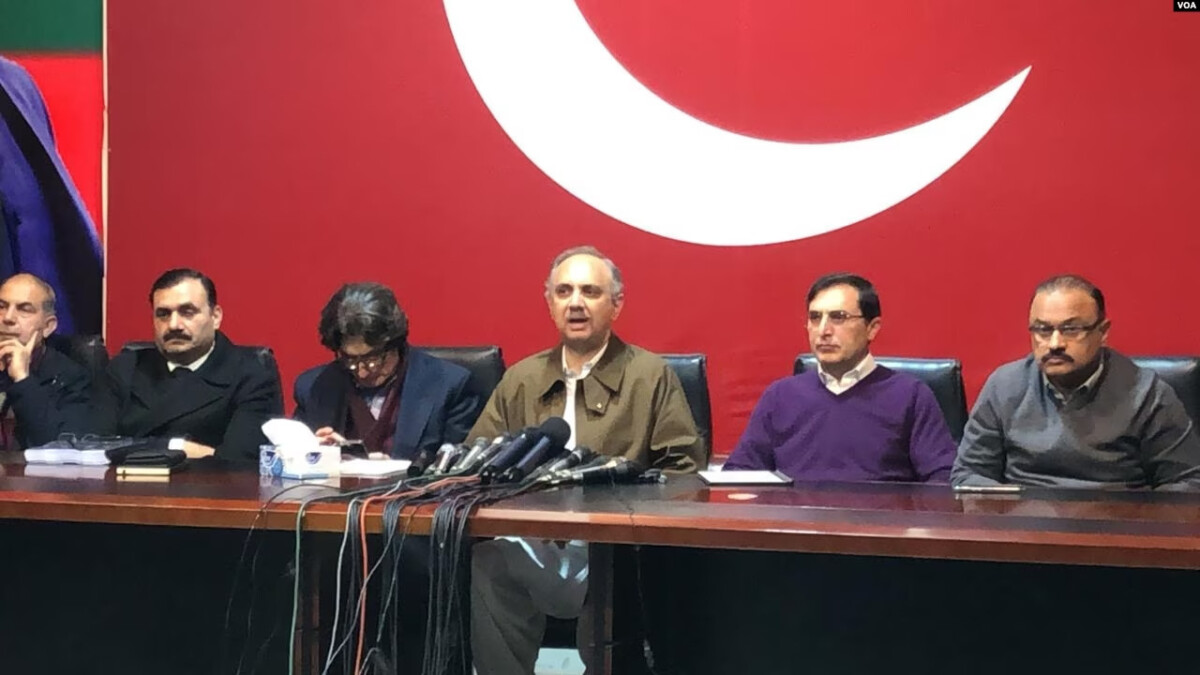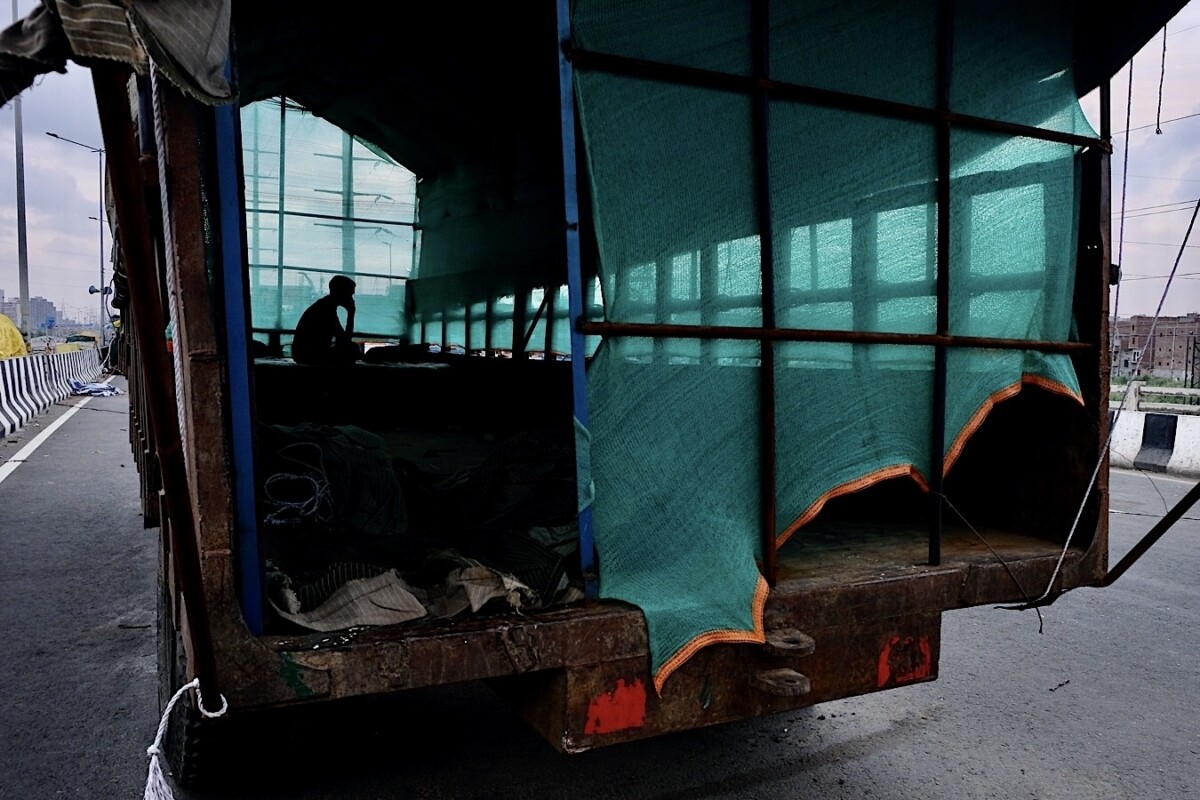Welcome to our roundup of news and current events related to ethics and international affairs! Here’s some of what we’ve been reading this past month:

ICU doctors attending to ICU patients, the victims of the ongoing Israel-Gaza conflict. Photo credit: Rafahkid via Openverse
BBC: Israel's Rafah deadline raises stakes as Ramadan approaches
Israel's threat to launch a ground operation in southern Gaza’s Rafah by March 10 if hostages are not released has heightened tensions as Ramadan approaches, drawing international concern over the potential for increased regional instability. Qatar's Prime Minister and Jordan's Foreign Minister have voiced apprehensions about the dire consequences of escalating violence during this sensitive period, especially given the volatile situation in the West Bank. Negotiations between Israel and Hamas are fraught, with significant gaps over prisoner exchanges and ceasefire terms, complicating efforts to avert a humanitarian crisis. The potential ground operation in Gaza has led Egypt to reinforce its border, in anticipation of the monumental refugee flow of over a million Gazans now packed into Rafah. The international community urgently seeks a deal to prevent further escalation and find an expedient resolution. The coming weeks in Rafah are critical not only for the cessation of Gaza’s suffering and the return of the hostages but for broader Middle Eastern stability and the foreign policy prospects of the United States in the region.
Read more about the international refugee crisis and global conflict in Ethics & International Affairs:
Expanding Protection: Global Lessons from the Ukrainian Refugee Crisis (2022)
Helping Refugees Where They Are (2021: 35-4)
Hypocritical Inhospitality: The Global Refugee Crisis in the Light of History (2020: 34-1)

The former Russian opposition leader Alexei Navalny marching on Tverskaya Street in Moscow 2017. Photo Credit: Evgeny Feldman via Wikimedia Commons
Politico: Russian opposition leader Alexei Navalny is dead, prison service says
Alexei Navalny, a prominent critic of Russian President Vladimir Putin, passed away on February 16 in a high-security facility located near the Arctic Circle, according to the Russian federal prison service. This event has elicited strong reactions and calls for investigation from the international community before a presidential election. Ukrainian President Volodymyr Zelenskyy, along with several European foreign ministers, have expressed concerns regarding potential Kremlin involvement in Navalny's death. These suspicions are partly based on Navalny's history, including a previous poisoning incident attributed to a nerve agent and his significant role in opposing the Russian government. In response to Navalny's passing, there has been a notable outpouring of grief and protest both within Russia and globally. Yulia Navalnaya, Navalny's spouse, has called for accountability, urging international solidarity against what she describes as the repressive actions of the Russian government. Memorials and demonstrations have been reported in various Russian locales, with activities planned by Russian dissidents in other countries. These developments underscore the profound effect of Navalny's death on those advocating for political reform and transparency in Russia.
Read more about the practice and ethics of illiberal state action in Ethics & International Affairs:
Russia and the Liberal World Order (2018: 32-1)
Secessionist Conflict: A Happy Marriage between Norms and Interests? (2019: 33-1)
An Internationalist’s Manifesto: Principles for Statecraft in a Dangerous World (2023)

PTI Leaders Omar Ayub Khan (Center) and Malik Aamir Dogan (far right) participate in a press conference following the elections. Photo Credit: VOA Urdu via Wikimedia Commons
Foreign Policy: Pakistan can't stop the cycle of discontent
Following a general election signaling widespread dissatisfaction among voters with the existing civil and military governance, Pakistan’s political scene remains unchanged. Independent candidates aligned with the Pakistan Tehreek-e-Insaf (PTI) party, led by the imprisoned former Prime Minister Imran Khan, secured many seats but fell short of a majority. This necessitated coalition building with the Pakistan Muslim League-Nawaz (PML-N) and the Pakistan Peoples Party (PPP), despite the electorate's apparent appetite for change. The power of the military in political matters was also underscored, even as the PTI's electoral performance suggested a reduced influence. Pakistan is also grappling with an acute economic downturn and escalating security concerns, including threats from the Tehrik-i-Taliban Pakistan (TTP) and other militant factions in Kashmir and Balochistan. The political division hampers efforts to address these challenges, including managing the country's significant external debt and revitalizing loss-making state enterprises. These factors have led to significant setbacks in the China-Pakistan Economic Corridor (CPEC), which, for many, is seemingly the only means for Pakistan to correct course.
Read more about international development under crisis and how states respond in Ethics & International Affairs:
Introduction: Moral Injury, Trauma, and War (2022: 36-1)
Introduction: Balancing Legal Norms, Moral Values, and National Interests (2019: 33-1)

A protesting North Indian farmer has lived seven months in his converted food truck. Photo Credit: Aniruddha Guha Sarkar via Flickr
Al Jazeera: India farmers march: What are their demands? Why is gov’t blocking roads?
Farmers from multiple northern Indian states are marching toward New Delhi, demanding government action on critical agricultural issues. They call for a legal guarantee of minimum support prices (MSP) for crops, loan waivers, and the rollback of unfavorable policies. This mobilization seeks to address farmers' grievances and secure a safety net against market uncertainties, demanding MSP to be at least 50 percent higher than production costs. The movement revived the 2020-2021 protests, which previously led to policy concessions in the withdrawal of contentious farm laws. In response, Haryana authorities have implemented stringent security measures to block the farmers' entry into the capital, including the use of tear gas and the erection of barricades. The protest, led by a coalition of over 200 farm unions, also demands compensation for families of farmers who died in earlier protests and the fulfillment of promises made by the Bharatiya Janata Party (BJP). Amidst agricultural distress and economic challenges, the farmers' march underscores the ongoing struggle within India's agricultural sector and its significant implications ahead of the general elections.
Learn more about the development politics of the Global South in Ethics & International Affairs:
Taking Measure of the UN’s Legacy at Seventy-Five (2020: 34-3)
A Human Rights Approach to Conflict Resolution (2019: 33-3)
Introduction: Representing Vulnerable Communities and Future Generations in the Face of Climate Change (2022: 36-2)
